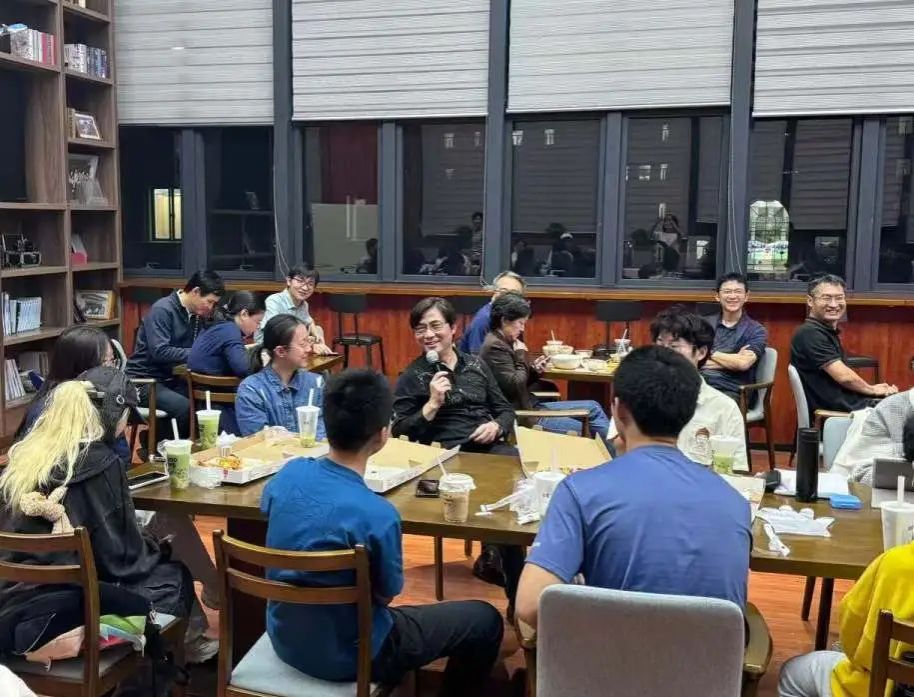
At Xiamen University, a cup of hot tea often symbolizes more than hospitality—it serves as a bridge of connection between students and faculty. Most schools and colleges at XMU regularly host unique student-faculty conversations such as tea talks, peer roundtables, and even dinner gatherings with academicians.
Over 100 undergraduate students from the School of Economics recently participated in a tea talk, entering the session with curiosity and questions. Together with their professors, they explored cutting-edge trends in economics and shared insights into personal academic and career development.
These conversations, in their most humble and genuine form, address the questions students care about most. With this thoughtful care, XMU empowers its students to face the wider world with confidence.
Beyond the roundtable format, the School of Economics also organizes dormitory tea talks, where teachers and counselors meet students in the environments that are most familiar and comfortable to them to listen to their concerns and provide guidance.
Since 2024, the economics discipline has hosted nine student-faculty tea talks, 10 peer roundtables with senior students, five mid-semester study support sessions, and 10 postgraduate entrance exam experience-sharing events—with over 3,000 participants.
At the College of Ocean and Earth Sciences, intimate dinner conversations between academicians and undergraduates are not uncommon. In November 2023, Academician Dai Minhan joined one such dinner discussion with undergraduates. More recently, he participated in a faculty-student forum for marine chemistry majors and an academic symposium for graduate students from the Earth Science and Technology academic division.

Professor Dai Minhan talks with students during a dinner discussion. [Photo/WeChat account: xmu_1921]
Meanwhile, the School of International Relations takes advantage of its disciplinary strengths to host regular cross-cultural sharing sessions each semester. International students from various countries are invited to share their intercultural experiences, connecting personal journeys with regional studies. The school has held nine sessions so far, covering a wide range of perspectives from Southeast Asia to Europe and North America. From "perception" to "practice", students gain a kaleidoscopic view of the world through these micro-classrooms.